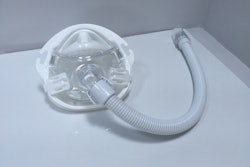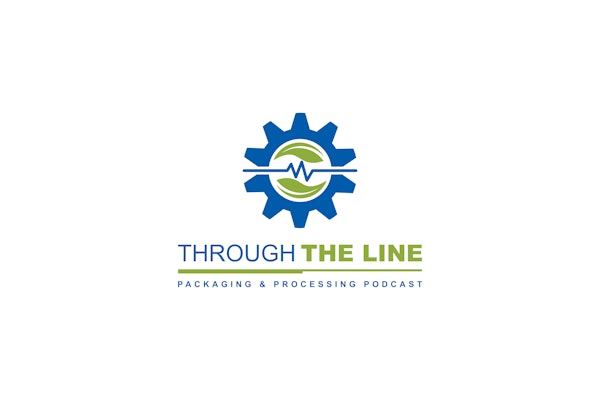In the past 30 years, 15 medical device companies have defaulted due to a range of issues. A study conducted by Standard and Poor’s Ratings Services analyzed these failures and shed some light on what went wrong. Here are some of the pitfalls that took down multi-billion dollar companies:
1. Fraud
Between 2013 and 2014, five device companies filed for bankruptcy. The authors noted three of the five failures were due mainly to fraud sniffed out by increased Medicare audits.
2. Demand decrease
Two failures were traced to a drop in customer demand. Because devices are more invasive than drugs, demand can decline rapidly if a drug alternative is introduced. IMAGYN filed bankruptcy in 1999 when demand for their male impotence products decreased significantly after the introduction of Viagra. Angiotech Pharmaceuticals defaulted in 2011 when a product they licensed to Boston Scientific suffered safety concerns and produced disappointing trial data.
3. Product liability
The two largest failures resulted from product liability of non-key products. A.H. Robins Co, the fifth-largest U.S. drugmaker with $1.025 billion in assets, was taken down by $2.475 billion in claims against an IUD in 1985. Dow Corning Corp defaulted in 1995 due to claims against its silicone gel breast implants, which accounted for less than 1% of revenue.
4. Reimbursement changes
Two defaults were traced to changes in reimbursement. This is likely attributable to increased government efforts to reduce Medicare spending and waste. Device companies have faced downward pricing pressure from the massive purchasing power of Medicare and the introduction of the competitive bidding program.
5. M&A activity
The increase in acquisition activity may cause companies to grow too fast too quickly. Graham-Field Health Products defaulted in 1999 after an unprecedented eight acquisitions in just two years. Companies like Baxter have shied away from large-scale acquisitions for fear that integration and operational issues may distract management from focusing on financials.
Editor’s note: A story from Medical Device and Diagnostic Industry’s Device Talk blog served as a source for this report.





















